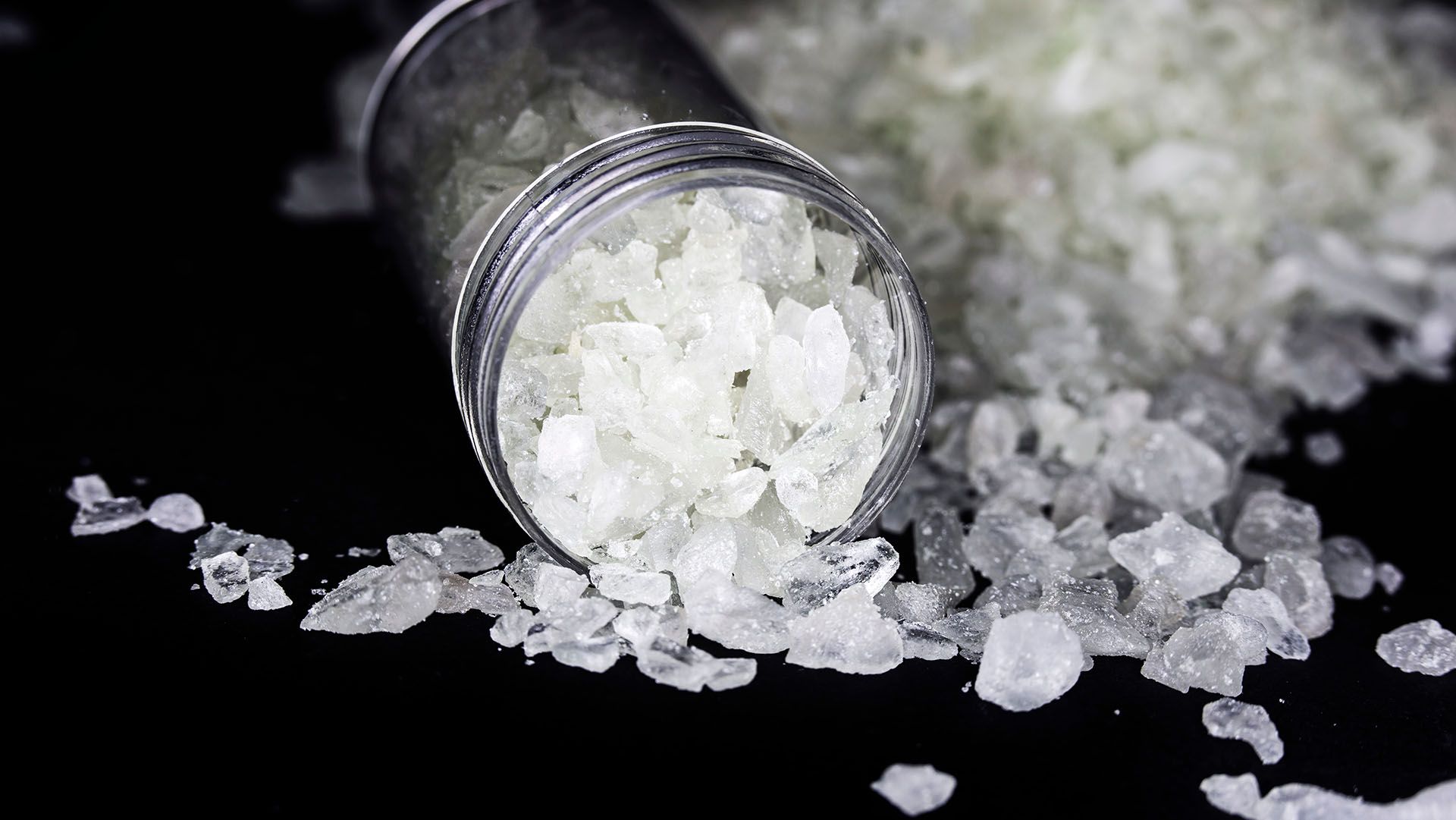Addiction to Methamphetamine
A&E’s hit series Breaking Bad neatly captured the power of methamphetamine to destroy lives, relationships, and careers. And just like in the series, methamphetamine addiction often begins with euphoric highs and a sense of invincibility. With prolonged use, though, methamphetamine inevitably leads to addiction. Unlike many other drugs, the health effects of meth addiction can last a lifetime, necessitating prompt treatment if you struggle with an addiction to meth.
Once you become an addict, quitting can feel like a pipe dream. Perhaps you even believe that life can’t be good without meth. This is the drug talking, not a reflection of reality. If you struggle with methamphetamine addiction, hope and help are available if you’re willing to look for them.
How Methamphetamine Affects Your Brain and Body
You might not realize it, but methamphetamine got its start as a prescription drug. Indeed, this powerful stimulant is still available on a prescription basis to treat some forms of ADHD, exhaustion, and atypical depression. These chemical formulations are reliable and pure, with the same dosage coming out of every bottle. Of course, this doesn’t make prescription meth safe for recreational use—just slightly less likely to kill you than meth you purchase on the street.
Street-purchased meth is dramatically different. Virtually anyone can label himself a meth cook, particularly when ingredients that are readily available at most drug stores. This means that every time you buy meth, you may be exposing yourself to drugs such as PCP and marijuana, not to mention chemicals such as gasoline and lighter fluid. Consequently, many meth users experience additional symptoms beyond the standard results of meth use.
Meth is a stimulant, elevating activity in your brain and spinal cord, increasing aggression, and temporarily boosting energy. As with most stimulants, though, prolonged use can sap your energy, forcing you to use more meth just to get out of bed every morning. Some of the most common side effects of prolonged meth use include:
- Aggressive, hostile, criminal behavior
- Changes in face shape
- Loss of teeth and bleeding gums
- Paranoia, hallucinations, and delusions
- Loss of intelligence
- Difficulty concentrating without methamphetamine
- Cardiovascular problems such as heart attacks and strokes
- Coma and seizures
- A “creepy crawly” sensation on your skin that causes you to relentlessly pick at your face and body
- Sudden death
- Addiction to additional drugs, particularly if your meth is cut with other chemicals or you use other drugs to counteract the effects of meth
- Changes in sleep and eating patterns, especially loss of appetite and insomnia
Who is at Risk for Methamphetamine Addiction?
Meth has a reputation as a rural drug, but is now increasingly popular in urban centers, too. Many users begin using meth because other drugs aren’t accessible. And of course, the single most important risk factor for meth addiction is prolonged use of meth. Using meth regularly almost inevitably leads to addiction, since doing so can nurture a dangerous chemical dependency. Some other risk factors for meth addiction include:
- A family or personal history of mental illness, especially depression and ADHD. If you struggle with sadness or low energy, the stimulating effects of meth may prove irresistible.
- A family history of addiction.
- A prior history of addiction, to meth or another drug.
- Chronic pain or health issues.
- An unstable living environment or history of trauma.
- Spending a significant portion of your time with people who use or abuse meth.
Addiction is a chronic, progressive illness that gets worse over time and will not go away on its own.
Am I Addicted to Methamphetamine?
You might think the signs of meth addiction are obvious, and they are to an outside observer. But addiction often comes with a hefty dose of denial. Ask yourself the following questions. If you answer affirmatively to more than two, you’re likely an addict:
- Has your appearance changed since you began using meth?
- Do you neglect other responsibilities to use meth?
- Do you experience physical or psychological withdrawal when you attempt to quit using?
- Have you done things you regret while under the influence of meth?
- Do other people say that you’ve changed since you started using meth?
- Do you feel increasingly anxious or paranoid?
- Have you been arrested because of your meth use?
- Have you lost a job or relationship because of meth?
You don’t have to face the pain of a meth addiction alone. It’s common to feel hopeless, but addiction is a disease, not something that’s your fault. We can show you the way to sobriety. Contact Addiction Rehab Centres Canada today!







